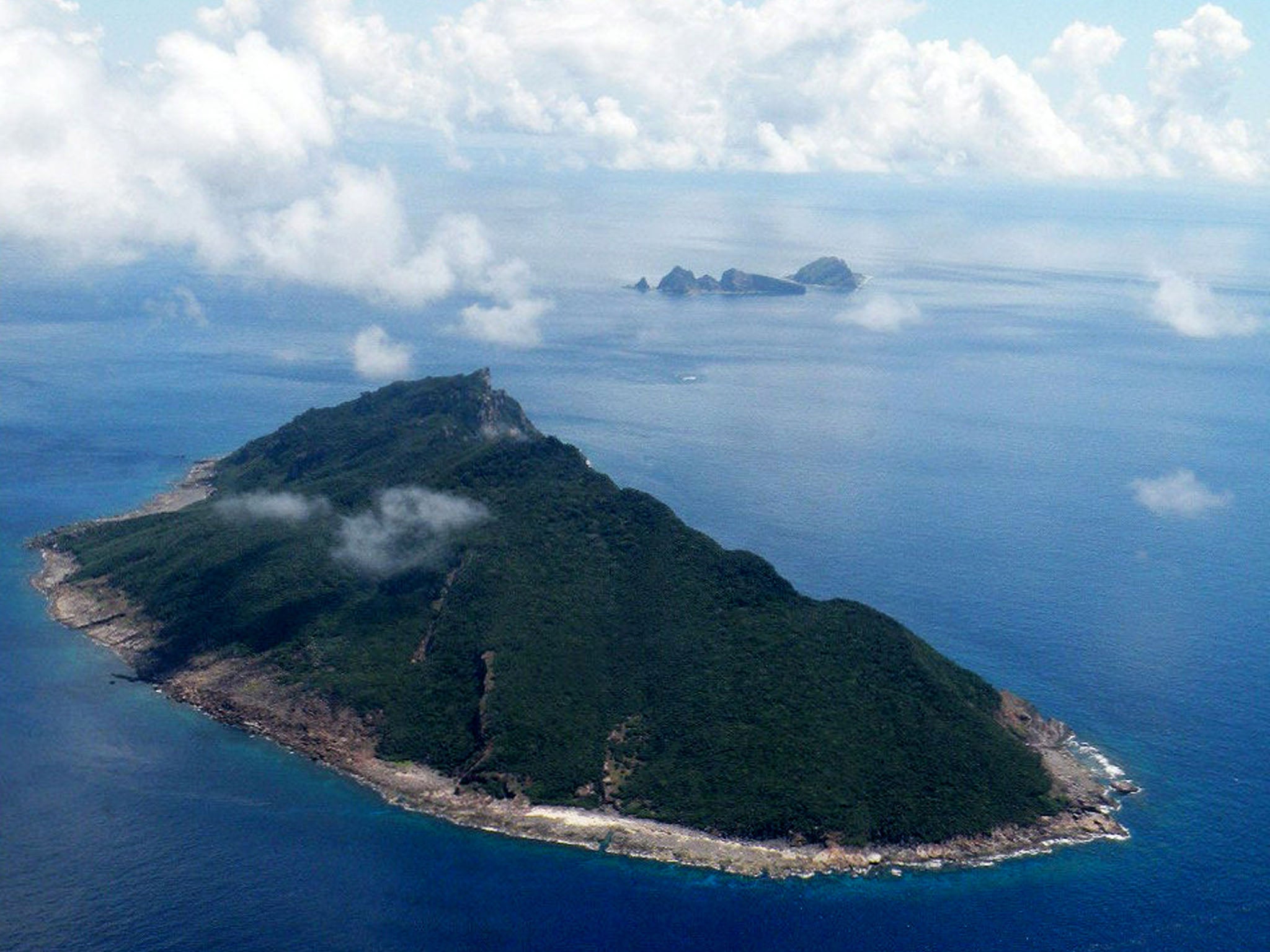China uses geology to challenge Japan on disputed islands

After making its first aerial incursion into Japanese-controlled airspace near disputed islands, China compounded tensions with Japan by bolstering its territorial claims at the United Nations.
On Dec. 14, two days before elections in Japan, China submitted to the world body an 11-page report citing the continental shelf's geology to claim ownership of the islands in the East China Sea, which may be surrounded by undersea oil and natural gas fields.
"Physiognomy and geological characteristics show that the continental shelf in the East China Sea is the natural prolongation of China's land territory," China said. On that basis, China extends its claim to resource rights beyond the standard 200-nautical-mile exclusive economic zone.
Since September, when relations between the two sides took a turn for the worse, China has been depositing maps and coordinates with the U.N. alongside its more visible provocations by sea and air.
Japan said Dec. 14 that it would respond calmly to a Chinese marine surveillance propeller plane that was spotted by its Coast Guard near the uninhabited islands. While Japan dispatched eight F-15 fighter jets, the plane had already left the area and China responded by calling the flight a normal activity in its own airspace.
The latest actions came as China's Communist Party had completed its leadership change and power in Japan was about to return to the Liberal Democratic Party, which historically has taken a harder line against China's antagonism.
China's timing is intentional given that the new Japanese administration "is likely to be more hawkish than the previous government," said Richard Gowan, associate director of New York University's Center on International Cooperation.
"This is a signal from the Chinese that it's not going to back down on this issue," he said.
The row over the uninhabited islands, known as Senkaku in Japanese and Diaoyu in Chinese, has hurt trade between Asia's two biggest economies and has stoked concern of an arms buildup. The crisis was triggered by the Japanese government's purchase in September of three of the disputed islands from their private Japanese owner. Since then, Chinese ships have been sailing in and out of the waters around the islands.
Incoming Prime Minister Shinzo Abe "will be forced to put more ships and planes around those islands," Jun Okumura, a senior adviser for the Eurasia Group, said in an interview on Bloomberg Television. "That is a recipe for possible unintended incidents that could flare up to a major national security challenge."
China's moves are being monitored by Western powers at the U.N. for clues as to how the world's second-biggest economy will exert its claims and how far it will push the issue. China supplied late-night drama at the annual U.N. General Assembly gathering in September when it attacked Japan from a deserted U.N. stage over ownership of the barren island group.
The U.N. Secretary-General is the designated depositary of the U.N. Convention on the Law of the Sea and, as such, Ban Ki- moon receives charts and geographical coordinates, his spokesman's office said.
While presenting evidence at the U.N. may appear a less aggressive move than an incursion by vessels, Japan's position has been that this is not a dispute that requires arbitration in a multilateral setting given that it's inherently Japanese territory.
"Japan would consider this an unacceptable approach, so the move by the Chinese may be designed to look reasonable but it is more disruptive than it seems," said Gowan, who specializes in crisis diplomacy at the UN.
The Japanese mission to U.N. didn't respond to queries on China's action.
Chinese vessels have entered Japanese-controlled waters around the islands 17 times since Sept. 11 and have been warned off by the Coast Guard. Under Japanese law, incursions by aircraft require a response by the military, raising further potential risks.
Join our commenting forum
Join thought-provoking conversations, follow other Independent readers and see their replies
Comments
Bookmark popover
Removed from bookmarks